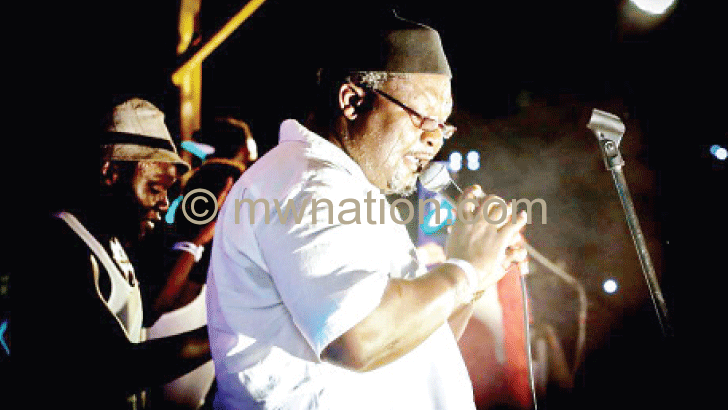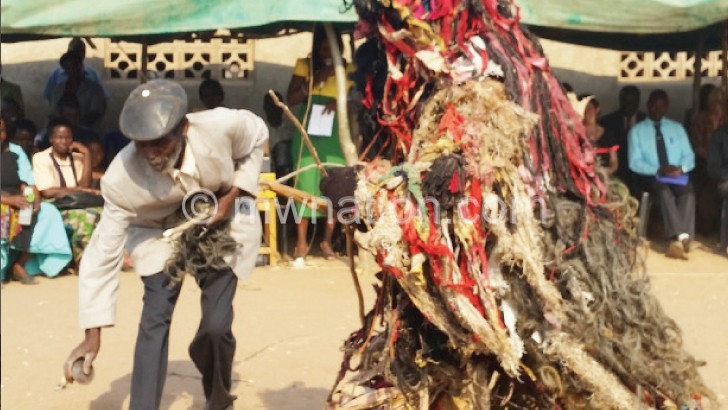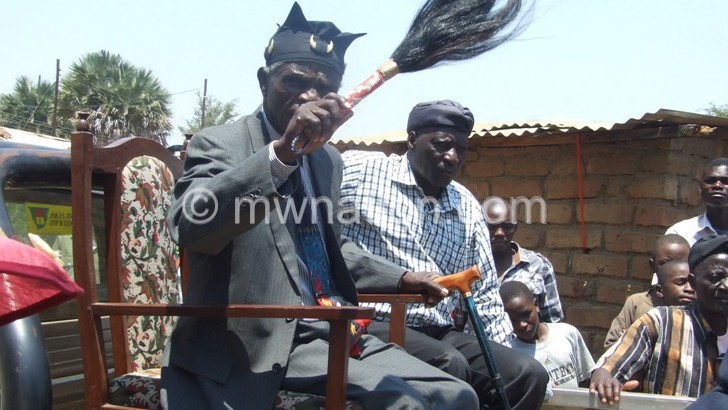Beyond new highways
It is easy for a drunkard to get carried away by rumours, but I was not high enough to start asking why the traditional leaders never stop behaving like our elected spokespersons.
Sober or drunk, this Zikathankalima gives credit where it is due and I think our economic engineer recently denied a destroyer-of-hunger award due to poor governance ratings deserves the honour for constructing the dream road which has been causing sleepless nights  for over 40 years.
I was seduced to think that no more highways will be named after presidents linked to shocking chapters in human history.
I was seduced to beg one potholed footpath be named after me -a hard-working taxpayer, husband of Caroline and father to Ulunji. Unlike the souls who strip women after soaking in sachets of spirits, I only care about the dreams of poor souls toiling in breweries, distilleries and wineries as the term ‘retrenchment’ is replacing ‘queues’ and ‘zero-deficit’ in our vocabulary. Alcohol kills, but I sacrifice my life and overtaxed earnings to ensure sober souls that make the poison so sweet realise their dreams.
I was seduced to believe roads bearing colonial names will be renamed in honour of the likes of author John W Gwengwe, national anthem composer Michael Sauka and nationalist Ziliro Mumba.
Just for a shift from the West to the continent of Kama Sutra, I was seduced to suggest that if my homeland has no honour for its heroes, Chitipa-Karonga Road should be named Lin Songtian Highway. His Excellency Lin, that talkative and ‘walkative’ former Chinese ambassador, was instrumental in securing funding for the dual carriageway as well as the people’s university at Ndata (where a privately owned Casablanca or “White House in the Bush” lies).
I was seduced to think and think because naming public structures is an art. While politicians can name national budgets and speeches as we christen the newborn our highs and lows, national property needs more thoughtful and lasting names. Do you remember how we once stripped some structures named after the deceased Ngwazi? Remember how an army barracks was disarmed of Bakili Muluzi’s name?
I temporarily stopped thinking when I saw a stunning Ngonde or Ndali lady carrying a child with Chinese looks. Like my beer-loving friends, I gazed at the little Undule, Ambilike, Ndamyo or Lupakisho of oriental looks with an equal measure of pity for the child and curiosity.
“Waomba mwanike?” a boozemate of mine greeted the poster baby of the cordial romance between Malawi and one China.
“Ukonyofu! Mung’wera’wu ubughwalwa moti musangaghe inyumba (Go to hell! You’re busy boozing instead of building houses!” the woman yelled at the daring drunk.
The crossfire forced me to enquire what she had for her to start scorning the houseless. Later, locals told me she was nursing an overgrown foundation in memory of an ex-lover, an engineer at the road construction site.
“The engineer dumped the house upon hearing she was pregnant two years ago. Rumours have it that the foundation has been adopted by another big boss at the construction site,” narrated a vocal resident.
What a fertile seedbed for unwanted pregnancies and HIV these protracted road projects are! Some adults working far from their homes and stable sexual partners are hungry lions; they eat anything – good or bad for their health.
Actually, the Ndali and Ngonde tribespeople liken sexually-starved adults to a soccer player searching for game time.
“Like a well-paid player forfeited about R6 000 (about K120 000) to move to a team that promises him more time on the pitch than in the stands, the workers from afar will sacrifice love of their partners to the extent of starting sexual relationships in pubs, restaurants, streets and makwalala,” reasoned the scorned dare-devil.
I was no more seduced by whoever the Chitipa-Karonga Road will be nicknamed after. For a change, I was tempted to think about ordinary lives nesting along the road in times of HIV and Aids.
I was seduced to ask how protected is the sex they give and get in these casual relationships bound by sweet talk and parasitic tendencies only similar to chiefs’ infatuation with reigning politicians.
When the road finally gets a politically correct nickname, some locals will live to regret it as their highway to the grave. To cement settling sighs of relief – this road! – why can’t traditional authorities concentrate on sensitising people to risky sexual behaviour instead of bothering about names.





